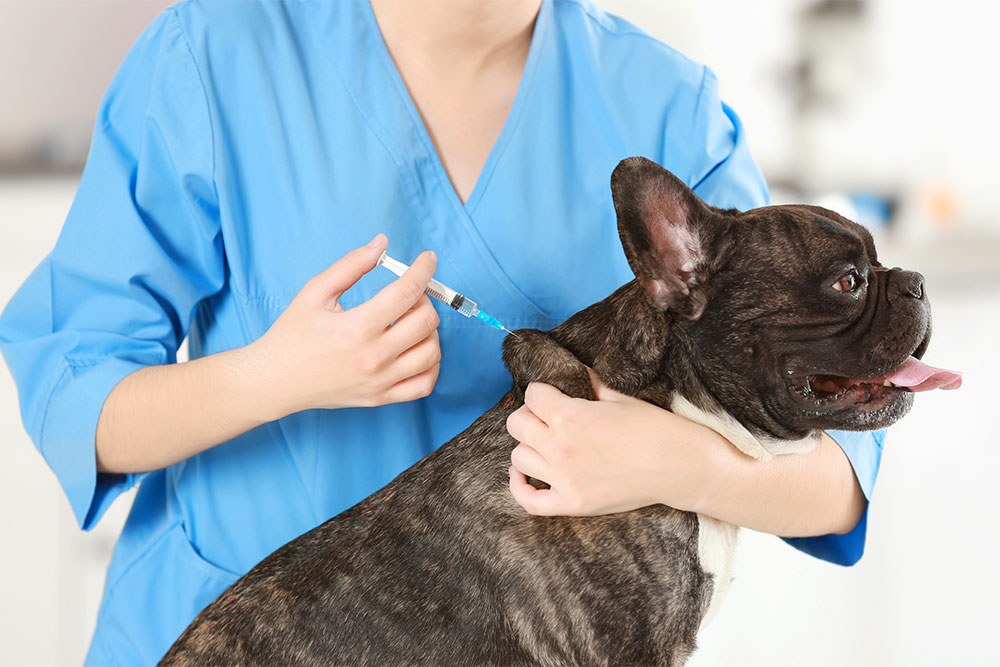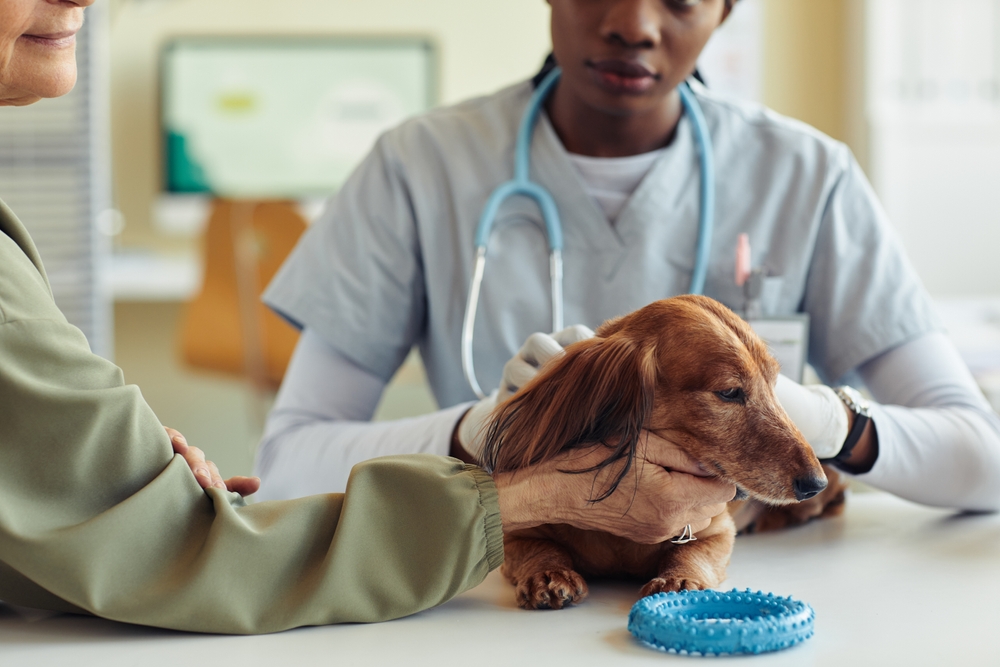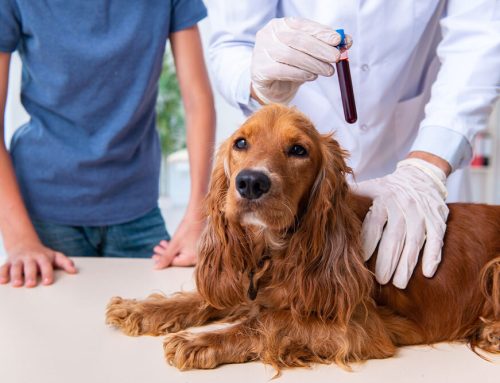The Importance of Regular Wellness Exams for Pets
Why Wellness Exams Are Essential for Your Pet’s Health
What Is a Wellness Exam?
A wellness exam is a preventive veterinary check-up designed to monitor your pet’s overall health, detect early signs of disease, and ensure they are up to date on vaccinations and parasite prevention. Unlike visits for illness or injury, wellness exams focus on proactive care, helping to prevent small issues from becoming serious health concerns.
Regular check-ups allow veterinarians to track changes in weight, mobility, organ function, and behavior, ensuring that your pet stays happy and healthy throughout all life stages.
Learn more about the importance of wellness exams from the AVMA.
Key Benefits of Routine Wellness Exams
1. Early Disease Detection
Many common conditions—such as kidney disease, diabetes, arthritis, and heart disease—develop gradually. Because pets instinctively hide signs of illness, routine check-ups help detect these conditions early, when treatment is most effective.
2. Personalized Preventive Care
Each pet is unique. Their age, breed, lifestyle, and medical history all influence their risk factors for disease. Wellness exams allow veterinarians to provide tailored recommendations on nutrition, weight management, vaccinations, and parasite prevention.
3. Monitoring Changes Over Time
By scheduling annual or biannual wellness exams, your veterinarian can track changes in weight, mobility, dental health, and overall condition. This proactive approach helps you make informed decisions about your pet’s diet, exercise routine, and medical care.
Discover more about preventive care for pets.
What to Expect During a Wellness Exam at Iris Veterinary Care
Step 1: Medical History & Lifestyle Discussion
Your veterinarian will ask about your pet’s daily routine, diet, exercise habits, and any recent changes in behavior. This helps identify subtle signs of illness that might otherwise go unnoticed.
Step 2: Comprehensive Physical Examination
A full-body exam includes:
- Eyes, ears, and mouth – Checking for infections, dental disease, or vision/hearing loss.
- Heart and lungs – Listening for abnormal rhythms, murmurs, or respiratory issues.
- Skin and coat – Looking for allergies, parasites, lumps, or signs of nutritional deficiencies.
- Joints and muscles – Evaluating for stiffness, pain, or arthritis symptoms.
- Abdomen palpation – Feeling for abnormalities in the liver, kidneys, or intestines.
Step 3: Diagnostic Testing (as needed)
For a more in-depth health assessment, your veterinarian may recommend:
- Blood work to check organ function and detect infections.
- Urinalysis to screen for kidney disease, diabetes, or urinary tract infections.
- X-rays or ultrasound to evaluate heart health, joint conditions, or internal abnormalities.
Preventive Care Measures Included in Wellness Exams
1. Vaccinations: Essential Disease Protection
Vaccinations help protect against serious illnesses such as:
- Rabies – Required by law and essential for both pets and public safety.
- Distemper, Parvovirus, and Adenovirus – Common, highly contagious diseases in dogs.
- Feline Leukemia Virus (FeLV) & Feline Herpesvirus – Important for indoor and outdoor cats.
Vaccine schedules are customized based on your pet’s age, lifestyle, and exposure risks.

2. Parasite Prevention: Year-Round Protection
Fleas, ticks, heartworms, and intestinal parasites pose serious risks to pets and their families. Your veterinarian will recommend:
- Monthly flea and tick preventatives
- Heartworm testing and prevention
- Routine deworming for intestinal parasites
3. Dental Health: Preventing Oral Disease
Dental disease is one of the most common and overlooked health issues in pets. Left untreated, it can lead to pain, infections, and even heart and kidney disease. Wellness exams include a dental check-up to assess plaque buildup, gum inflammation, and overall oral health.
Why dental care is essential for your pet.
Wellness Exams for Every Life Stage
Puppies & Kittens
- Frequent check-ups (every 3–4 weeks) for vaccinations and parasite prevention.
- Growth monitoring to ensure healthy development.
- Behavioral guidance for socialization and training.
Adult Pets (1–6 years old)
- Annual wellness exams to detect early signs of illness.
- Weight management and dietary recommendations.
- Dental exams and cleanings to prevent oral disease.
Senior Pets (7+ years old)
- Biannual check-ups for more frequent health monitoring.
- Arthritis and mobility screenings to ensure comfort in aging pets.
- Blood work and organ function tests to catch age-related diseases early.
Recognizing health concerns in senior pets.
Understanding Diagnostic Tests in Wellness Exams
- Blood Work – Screens for infections, organ dysfunction, and metabolic conditions.
- Urinalysis – Checks for kidney disease, diabetes, and urinary infections.
- X-rays & Ultrasound – Identifies joint issues, tumors, or internal abnormalities.
Why routine blood work is important for your pet.
Frequently Asked Questions About Wellness Exams
How often should my pet have a wellness exam?
- Puppies/kittens: Every 3–4 weeks until fully vaccinated.
- Adults: Once per year.
- Seniors (7+ years): Every 6 months.
What signs indicate my pet needs a vet visit before their next check-up?
- Sudden weight loss or gain.
- Excessive drinking or urination.
- Lethargy or difficulty moving.
- Vomiting or diarrhea lasting more than 24 hours.
How to monitor your pet’s health at home.
Schedule Your Pet’s Wellness Exam Today
At Iris Veterinary Care, we believe that preventive care is the foundation of a long, healthy life for your pet. Whether your pet is young, adult, or senior, regular check-ups help ensure they receive the best possible care.







Leave A Comment